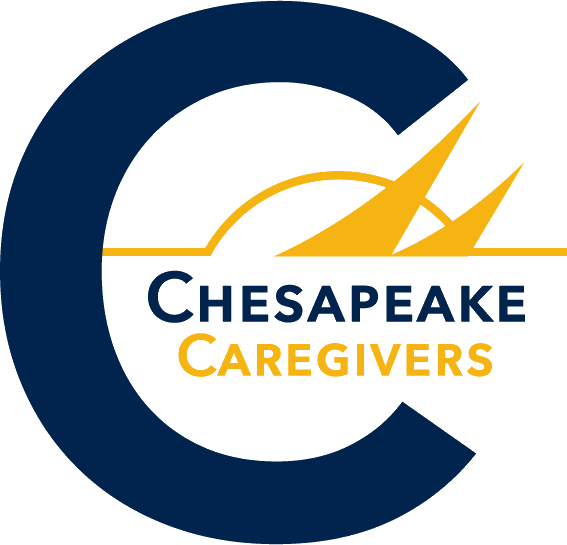Hospice is:
- Medical care for people facing life-limiting illnesses, allowing individuals to live the remainder of their lives focusing on symptom management, pain control, and quality of life.
- An interdisciplinary team of professionals trained to address physical, psychosocial, and spiritual needs of the person; the team also supports family members and other intimate unpaid caregivers.
- Specialty care that is person-centered, stressing coordination of care, clarification of goals of care, and communication.
- Provided primarily where a person lives, whether that is a private residence, nursing home, or community living arrangement, allowing the patient to be with important objects, memories, and family.
- Care that includes periodic visits to the patient and family caregivers by hospice team members. Hospice providers are available 24 hours a day, 7 days a week to respond if patient or caregiver concerns arise.
- The only medical care that includes bereavement care, which is available during the illness and for more than a year after the death for the family/intimate network.
- A Medicare benefit; to which all Medicare enrollees have a right. Hospice care also is covered by most private health insurance at varying levels, and in almost every state, by Medicaid.
Who is eligible to receive hospice care?
- Adults with a terminal illness and lifetime prognosis of 6 months or less are eligible for hospice care.
- Hospice care is also available for children and adolescents. Rules and regulations regarding hospice services and coverage for children are different from those utilized in the adult population.
- Common diagnoses of those who receive hospice care include, but are not limited to: cancer, heart disease, dementia, Parkinson’s disease, lung disease, stroke, chronic kidney disease, cirrhosis, and Lou Gehrig’s disease (ALS).
How does someone initiate hospice care?
Many individuals and families could benefit from hospice care but are unaware of how to access hospice services. Some are afraid to discuss it, some wait for a physician to suggest it, and some don’t know that they can initiate hospice care on their own, as long as eligibility criteria are met.
To qualify for hospice services:
- A hospice physician and a second physician (often the individual’s attending physician or specialist) must certify that the patient meets specific medical eligibility criteria indicating that an individual’s life expectancy is 6 months or less if the illness or condition runs its typical course. These established criteria vary by illness and condition.
- Typically, referral to hospice care begins with the attending/specialist physician knowledgeable about the person’s medical history, and hospice eligibility is confirmed by the hospice physician.
- Self and family referral is possible (the person and/or family may contact hospice directly), but eligibility must be confirmed by physicians prior to receiving care.
Content provided by Hospice Foundation of America



